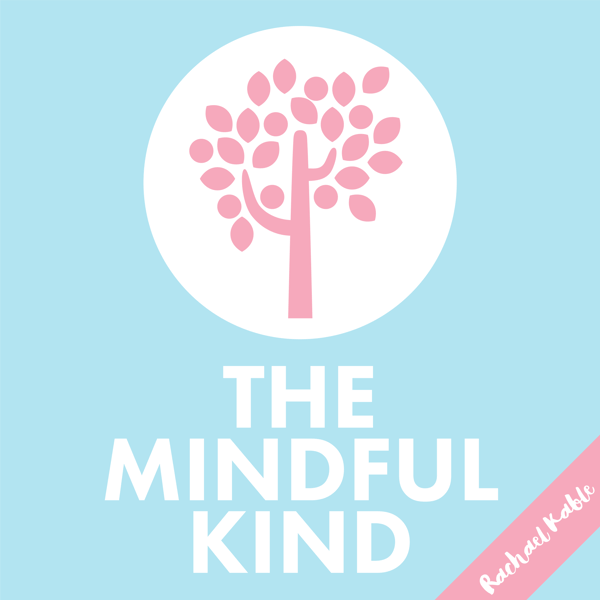314 // The Benefit Of The Doubt
The Mindful Kind
Rachael Kable
4.6 • 636 Ratings
🗓️ 6 January 2022
⏱️ 10 minutes
🧾️ Download transcript
Summary
Hello and welcome to episode 314 of The Mindful Kind podcast.
In this episode, you'll discover why it can be important to practice giving people the benefit of the doubt (including some interesting research about happiness!).
You'll also hear some of my favourite reasons for giving people the benefit of the doubt, including:
- It helps me feel less stressed
- I feel more compassionate and optimistic
- It's taught me to forgive myself more for my own mistakes
Please note that it's not necessarily always a good idea to give people the benefit of the doubt! Make sure you tune into the episode to find out why.
Don't forget to visit www.rachaelkable.com/podcast/314 to download your free copy of my guide, Appreciate And Reflect On The Year That's Gone By.
Thank you so much for listening and I hope you have a wonderful week, Mindful Kind.
Transcript
Click on a timestamp to play from that location
| 0:00.0 | Hello and welcome to the Mindful Kind podcast. I'm your host, Rachel Cable, author of the |
| 0:08.9 | Mindfulkind book, Mindfulness Teacher and blogger at Rachelcable.com. Each week this podcast will bring |
| 0:15.4 | meaningful tips, tools and strategies so you can manage stress and live more mindfully in the modern world. |
| 0:24.0 | Hello and welcome to episode 314 of the Mindful Kind podcast. |
| 0:29.0 | In the previous episode called Exciting Plans for the New Year, where I talked about some |
| 0:33.4 | of the key things I'm focusing on in 2022, I mentioned that I'd like to start practicing |
| 0:38.6 | giving people the benefit of the doubt more. And when I first started thinking about this concept, |
| 0:43.8 | I actually did some of my own research and found some really interesting things, which I'm |
| 0:48.5 | excited to share with you in this episode. But first of all, I'd like to explain why I think |
| 0:53.7 | it can be important to give people |
| 0:55.4 | the benefit of the doubt. I don't think this is something I tend to do naturally because I still |
| 1:00.4 | find it really easy to jump to conclusions, often negative conclusions. For example, if I spend |
| 1:07.3 | time with someone and they're acting disinterested or disengaged, I might start |
| 1:12.2 | thinking that they don't like me or that I've said something wrong. |
| 1:15.8 | If I don't know the person very well, I might assume that they're unfriendly or cold. |
| 1:21.0 | Now, this can also be known as an attributional style. |
| 1:24.8 | Someone's attributional style is the way that they describe life events to themselves, |
| 1:29.2 | and this is a super interesting topic that really deserves its own episode. So stay tuned for |
| 1:34.4 | next week's episode of The Mindful Kind, which will focus on attributional styles and how to |
| 1:39.8 | nurture a more positive attributional style. But back to this episode for now, so there are a few |
| 1:45.9 | potential problems with jumping to negative conclusions about other people. First of all, I don't |
| 1:51.7 | know that I'm right when I jump to a conclusion. Of course, it feels like I'm right, but just because |
... |
Please login to see the full transcript.
Disclaimer: The podcast and artwork embedded on this page are from Rachael Kable, and are the property of its owner and not affiliated with or endorsed by Tapesearch.
Generated transcripts are the property of Rachael Kable and are distributed freely under the Fair Use doctrine. Transcripts generated by Tapesearch are not guaranteed to be accurate.
Copyright © Tapesearch 2025.

